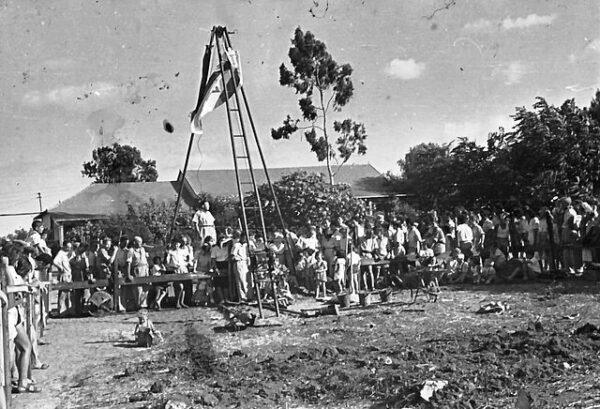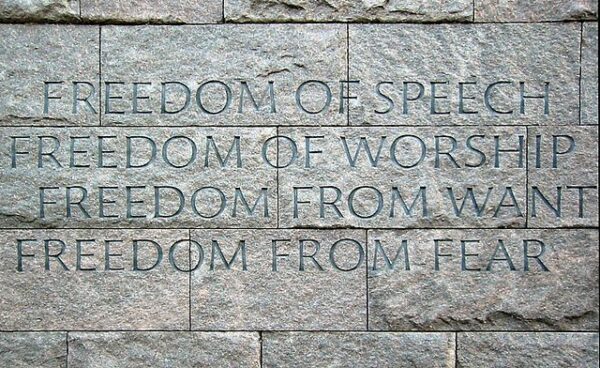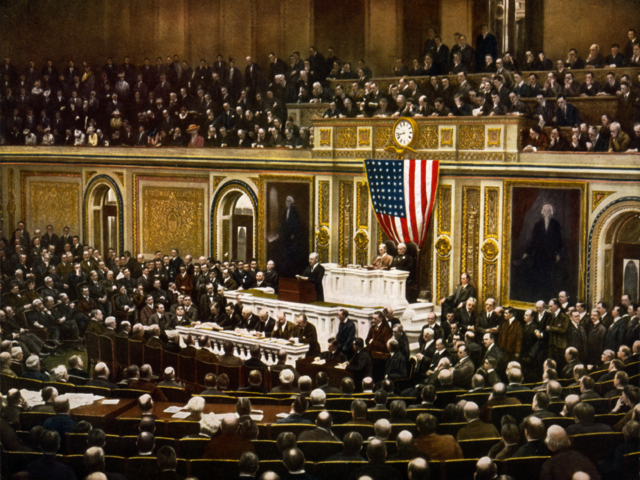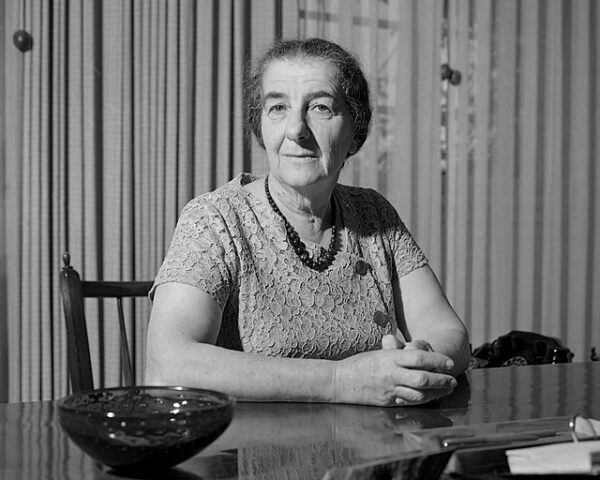The 1948 Arab-Israeli War, also known as the War of Independence or Nakba , depending on one’s perspective, erupted immediately following the declaration of the State of Israel on May 14, 1948, and lasted until early 1949. It marked the culmination of decades of tensions between Jews and Arabs in Palestine and the wider Arab world.
The roots of the conflict can be traced back to the late 19th and early 20th centuries, as both Jewish and Arab communities laid claim to the land of historic Palestine. Jewish immigration, spurred by the Zionist movement’s desire for a homeland, collided with the aspirations of Palestinian Arabs who viewed themselves as the rightful inhabitants of the region.
The British Mandate period, which followed the collapse of the Ottoman Empire after World War I, further exacerbated tensions as Jews and Arabs clashed over land, resources, and political power. By the mid-20th century, with the Holocaust fresh in Jewish memory and the rise of Arab nationalism, the situation reached a boiling point.
The United Nations proposed a partition plan in November 1947, recommending the division of Palestine into separate Jewish and Arab states, with Jerusalem as an international city. While the Jewish leadership accepted the plan, Arab leaders rejected it, viewing it as unjust and a betrayal of Palestinian rights.
The declaration of the State of Israel on May 14, 1948, by David Ben-Gurion, the head of the Jewish Agency, served as the catalyst for the outbreak of war. Immediately following the declaration, armies from neighboring Arab states, including Egypt, Jordan, Syria, and Iraq, invaded the newly established nation, aiming to thwart its existence and secure Palestinian Arab interests.
Despite being outnumbered and outgunned, the fledgling Israeli Defense Forces (IDF), comprising a diverse mix of volunteers, veterans, and Holocaust survivors, mounted a spirited defense. They managed to repel the invading Arab armies and even went on the offensive, seizing control of territories beyond the boundaries set by the UN partition plan.
The war witnessed intense fighting across multiple fronts, including battles for control of key cities such as Jerusalem, Tel Aviv, and Haifa. Both sides suffered significant casualties, and the conflict resulted in the displacement of hundreds of thousands of Palestinian Arabs, who fled or were expelled from their homes, becoming refugees.
The war also saw acts of violence and atrocities committed by both Jewish and Arab forces, further deepening the animosity between the two communities.
Despite the challenges and hardships, Israel emerged victorious from the war, securing its independence and sovereignty over a significant portion of historic Palestine. The war’s outcome fundamentally altered the geopolitical landscape of the region, with Israel gaining control over territories beyond the boundaries proposed by the UN partition plan, including the western part of Jerusalem.






